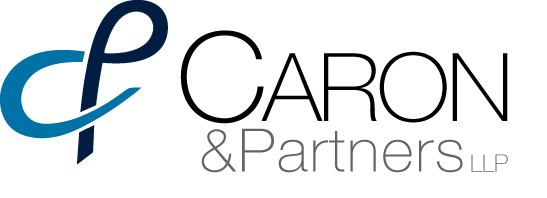Prepared by Joshua N. Switzer
The content of this article is intended to be informational only. We caution you against using or relying upon any information contained in this article without first seeking legal advice regarding your particular matter. All matters arising from the use of our website, including this article, shall be governed by Alberta law and shall be within the exclusive jurisdiction of the courts of Alberta.
Introduction
When starting (or purchasing) a new business a decision must be made whether to incorporate or not. Most often people decide to incorporate without knowing there are alternatives. Further, people may decide to incorporate without understanding the nature of a corporation and the benefits, burdens and responsibilities of using a corporation. This paper attempts to address some of these issues by way of a general overview.
Alternatives to Incorporation
There are several forms of business structures that may be used to run a particular business. These forms include: sole proprietorships, partnerships, limited partnerships, joint ventures and corporations. In deciding which form of business structure is best suited for your purpose you will want to consider the following factors: the nature of the various business structures; whether you will own the business alone or with others; the need for capital investment; tax considerations; simplicity versus complexity.
If you plan to start a small business by yourself, the simplest business structure is the sole proprietorship. No particular documentation needs to be prepared to structure this form of business. If you wish to use a trade name, you may wish to consider registering a trade name or possible a trade mark. If you will be the only owner of the business and the business in small, a sole proprietorship may be all that is required initially.
If you plan to own a business with others, a form of business structure other than a sole proprietorship will be required.
In Alberta partnerships are governed by the Partnership Act. Generally, if you carry on business with another person or with other persons in common with a view to profit, under the Partnership Act you will be deemed to be a partnership. The Partnership Act outlines a basic structure for a partnership which will apply in default of any agreement being in place. The legislation permits the basic structure to be varied by agreement of the partners in a partnership. Typically partnerships involve a "partnership agreement". This agreement will structure the partnership and provide for the rights of the partners.
Partnerships are mostly used by professionals who are restricted from using ordinary corporations to carry on business.
The biggest drawback to a partnership relates to liability. Generally each partner is liable for the acts of the other partners in a partnership. The liability of one is the liability of all. This concern can be dealt with to a large extent in a "limited partnership".
Another drawback to partnership is its ethereal nature. In some respects the partnership has a separate legal existence from the partners, but in many respects it does not. Sorting out the relationship between partners and the partnership can be a complex undertaking when issues arise. The importance of a well drafted partnership agreement cannot be understated for dealing with these issues.
Joint ventures are purely a contractual relationship. They can be much like partnerships. However, joint ventures try to distinguish themselves from partnerships to avoid the liability issues. The rights of a joint venture participant will be almost entirely dictated by the contract. Consequently, a well drafted contract is critical. Joint ventures are often used to exploit a single opportunity where a long term relationship is neither necessary nor desired.
The Corporation
A corporation is a separate legal entity from its owners, the shareholders. This attribute leads to "limited liability". The owners are only liable to the extent of their investment. In the other forms of business, owners to a greater or lesser extent are potentially exposed to more liability than their initial investment. Many people incorporate relying on the notion of limited liability.
The notion of limited liability is not absolute, however. Owners may still be liable for matters arising out of the business of the corporation in many instances including the following:
1. where the owner is a director of the company and at law the director is made liable for certain debts of the company such as un-remitted payroll deductions;
2. where the owner is required to personally guarantee the debts or obligations of the company;
3. where the owner is a director, officer or employee of the company and breaches a duty owed to a third party whether acting in the course of his or her duties with the company or not (e.g. the owner is negligent).
Owners of new businesses requiring bank financing will invariably be asked to give personal guarantees. This largely undermines the notion of limited liability.
There are other advantages to the corporation. Perhaps the biggest advantage is the flexibility offered by the corporate vehicle. Essentially the relationship between owners can be fully customized using the corporate vehicle. Share ownership may or may not carry the right to vote, the right to fixed returns, preferred rights to dividends or distributions and so on. Further, an owner's participation in a corporation may not be limited to shareholdings. The owner may also be a lender to the corporation and an employee. All of these relationships can be defined and customized.
This flexibility has not only legal benefits but also tax benefits. Often the biggest advantage of incorporation relates to income tax issues. Tax advantages of incorporation will not be explored in this paper.
For further information about choosing an appropriate business structure, please do not hesitate to contact us.

